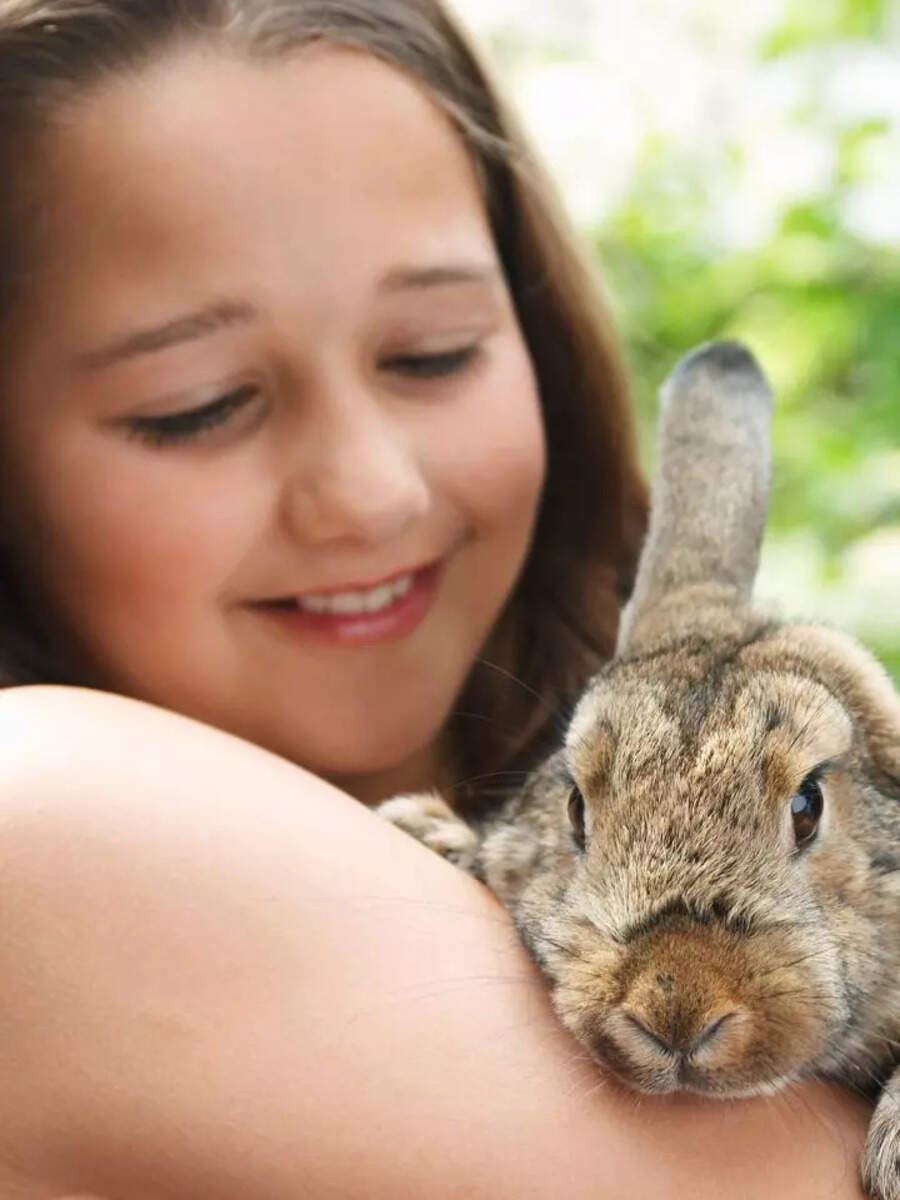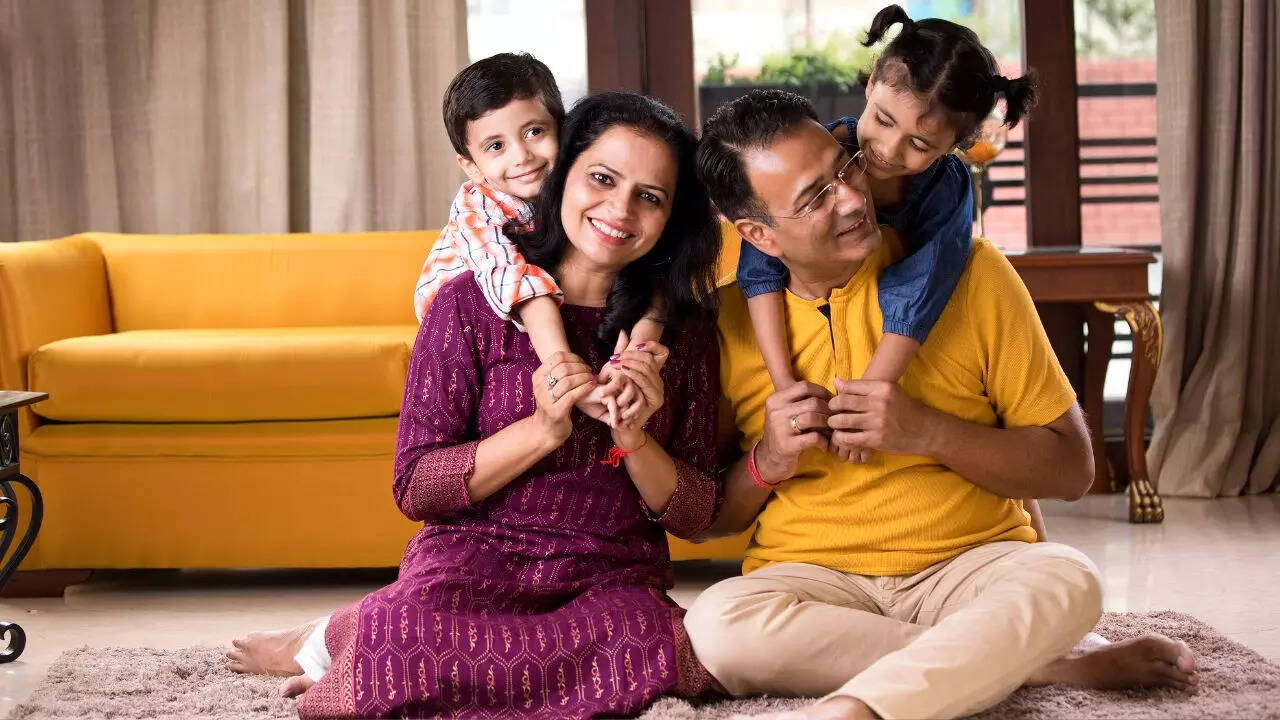
Parenting is never linear for any individual or couple, and there is no one size fits all. All parents want the best for their child, but sometimes inadvertently, they pass on some dangerous behaviours to their children, including anxiety.
Anxiety in kids is becoming more and more common, and sometimes, it could be due to parents' (unknown) behaviour. Here are 7 such habits of people that are affecting their children in debilitating ways....

Being overprotectiveIt’s instinctive to keep your children away from danger. But when parents are too protective, children may feel they cannot handle challenges on their own, and become helpless. This can make them fearful and anxious about trying new things or facing problems. Because of this,Kids don’t get a chance to build confidence and problem-solving skills.They may not know failure, so when it happens, they get a rude shock.What to do instead:Allow children to make mistakes (they will only learn from them)Encourage independence by letting them try tasks on their own, under your supervisionOffer support, but let them deal with it firstSetting unrealistic expectationsParents often want the best for their children, and push them to excel in school, sports, or other activities, partly due to peer pressure as wel. However, setting expectations that are too high or unrealistic can create pressure and fear of failure. Because of this,Children may feel they are never good enough.
They constantly fear disappointing parentsWhat to do instead:Set goals that match your child’s abilities and interests.Praise effort and progress, not just results.Let your child know it’s okay to make mistakes.Lead by example (the right way)Children learn a lot by watching their parents. If a parent often shows worry, stress, or fear, children can pick up these feelings and think the world is a scary place. Because of this,Kids too, may display anxiety instead of learning healthy coping skills.They might believe that anxiety is normalWhat to do instead:Practice calmness and positive thinking around your child.Share how you manage stress in healthy ways.Not letting kids be "kids"Kids these days are overwhelmed under classes, homework, and other activities that leave them with no time to breathe. Without enough free time to relax and play, kids may feel stressed and anxious.Because of thisThey get little room for rest and creativity.They may never catch a breakWhat to do instead:Balance structured activities with free play and downtime.Encourage hobbies that your child enjoys without the pressure of "making them do well"Create quiet moments with familyNot giving them a safe space to voice their opinionWhen children express worries or fears, some parents might dismiss these feelings as unimportant, and berate the kids. This can make children feel unheard and misunderstood. Because of this,

Kids may hide their feelings and become more anxious inside.They might think their emotions are wrong or bad.What to do instead:Listen patiently and validate your child’s feelings. Provide a safe spaceEncourage open conversations about emotions.Help your child find ways to cope.Using punishment as a toolHarsh punishments or constant criticism can make children anxious about making mistakes or disappointing their parents. Fear of punishment can create a stressful home environment.Why it matters:Children may become fearful rather than motivated.Anxiety can increase as kids try to avoid punishment instead of learning.What to do instead:Use positive discipline focused on teaching and guiding. Never use gifts as "bait" to make children do well (If you study, I will give you a chocolate)Set clear rules with calm explanations.Praise good behavior and efforts.Avoiding Difficult ConversationsSome parents avoid talking about tough topics like fears, failures, or family problems (even death) to protect their children.
But avoiding these conversations can leave children confused and anxious.Why it matters:Kids may imagine worst-case scenarios since they do not know a lot of thingsLack of communication can increase feelings of insecurity.What to do instead:Talk honestly but age-appropriately, about difficult subjects like failure, rejection, or loss of a loved one.Reassure your child that you are there to support them.Encourage questions and provide clear answers.

 6 hours ago
45
6 hours ago
45




























 English (US)
English (US)